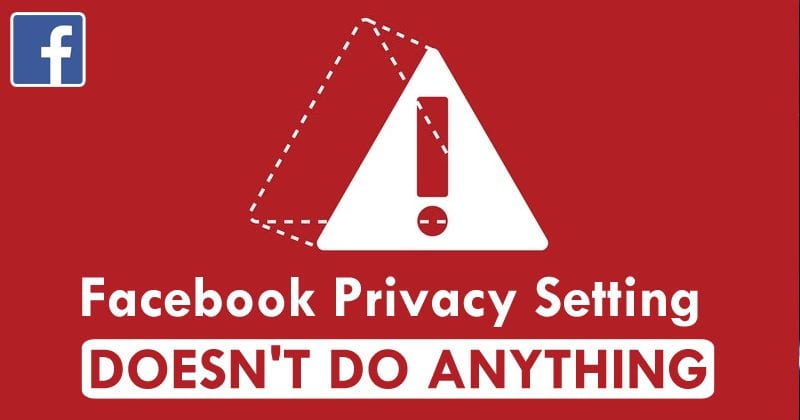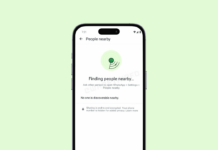According to the latest reports, the social network giant Facebook’s privacy settings are a maze. You need to keep an eye on the options for face recognition, ads, and every connected application – especially after the Cambridge Analytica case.
The Facebook Privacy Setting That Doesn’t Do Anything At All
The social network giant Facebook’s privacy settings are a maze. You need to keep an eye on the options for face recognition, ads, and every connected application – especially after the Cambridge Analytica case.
There is so much that even the social network giant Facebook gets lost. The Wired found that a privacy option does nothing for years, but is still available. It involves a feature disabled in 2014.
To access it, open Facebook and go to Settings> Apps (or go to facebook.com/settings?tab=applications). Then, in the “Applications that other people use” field, click Edit. Here, you can restrict the information about you that your friends provide to apps, games, and websites.
Yes, your contacts could pass on data about you, including date of birth, current city, interests, and tanned. That’s how the “this is your digital life” personality test, used by 270,000 people, collected data on 50 million users which were sold to Cambridge Analytica.
However, this has stopped happening in 2014. Since then, Facebook applications can no longer get data from all their friends (only yours).
“At the time, the ‘Apps that other people use’ functionality allowed the user to control what information could be shared with the developers,” a Facebook spokesman explains.
“We changed our systems years ago so people would not be able to share their friends’ information with the developers unless each friend also explicitly gave permission,” the company says.
Maybe you do not believe in the word of Facebook, but the change was confirmed by researchers Gergely Biczok and Iraklis Symeonidis, who have been studying privacy in the social network for years. Graph API 2.0, released in 2014, no longer had “user_friends” permission for developers to access their friends’ data.
“Maybe it’s just a mistake in the software development process,” Biczok tells Wired, “but it’s been there for a long time.”
The social network giant Facebook could not explain itself, and just said it will update the settings to “reflect our current practices” in the coming weeks.
So, what do you think about this? Simply share all your views and thoughts in the comment section below.



